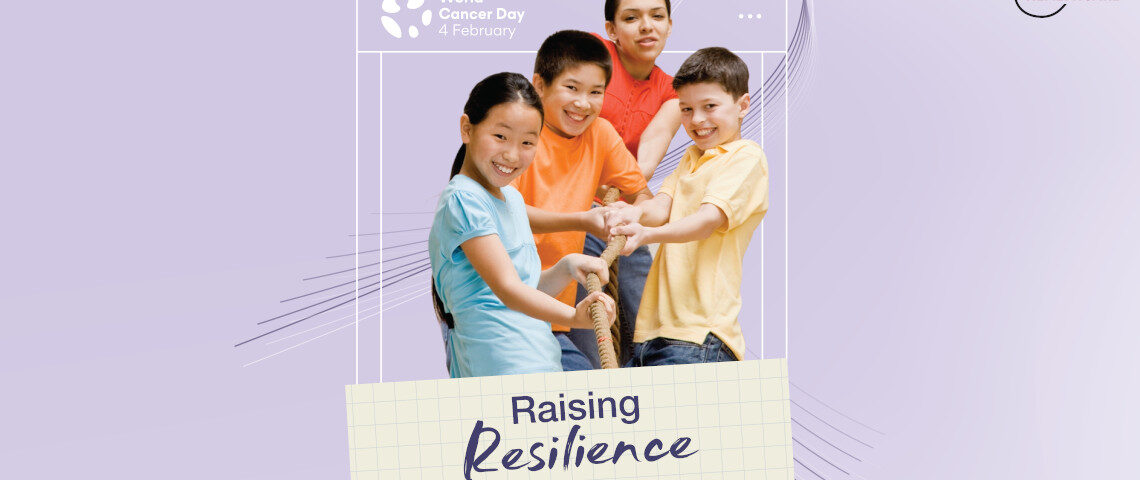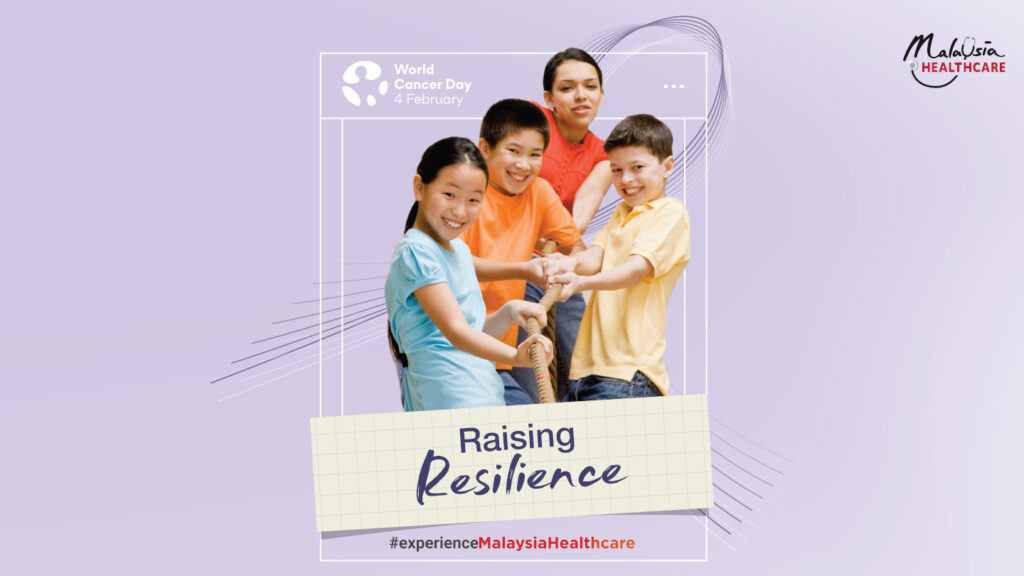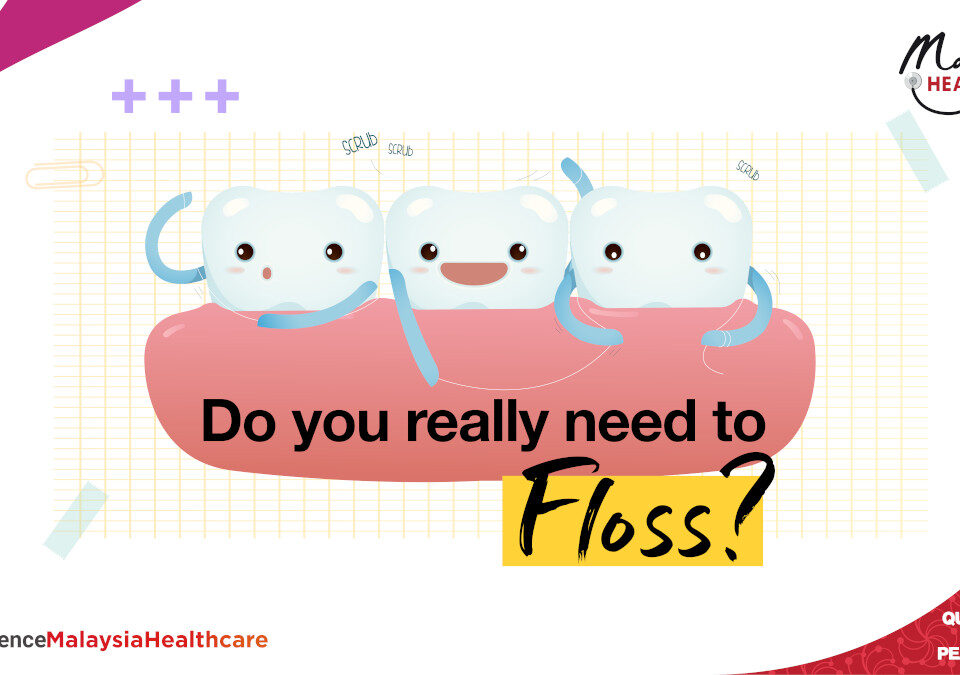Malaysia Healthcare Chronicles
Raising Resilience: A Comprehensive Journey through Paediatric Cancer Care


Cancer is a condition that knows no age boundaries, affecting individuals across all age groups and affecting various parts of the body. The World Health Organization (WHO) estimates that 400,000 children and adolescents aged 0-19 develop cancer annually. [1]
Recognising the unique needs and ongoing growth and development of children, special consideration is given to paediatric oncology. A paediatric oncologist plays a crucial role in overseeing the diagnosis and treatment of cancers in children, a process distinct from adult treatments due to the necessity of monitoring both physical and psychological development during cancer treatment.
The positive aspect lies in the inherent resilience of children. They show the ability to endure more aggressive forms of cancer treatment, experience fewer side effects, and recover more swiftly, contributing to an overall higher chance of full recovery.
Considering the life ahead for children, managing their mental and emotional well-being becomes paramount, especially for those undergoing cancer treatment. Schools must be informed, and special arrangements made to mitigate long-term effects on their education during extended treatment schedules, hospitalisation, or isolation.
Post-cancer treatment, children may undergo changes in appearance, needing potential cosmetic or reconstructive surgery. Additionally, psychological counselling may be needed to prevent the onset of depression or other mental health issues. Involvement in support groups for both children and their families can be beneficial. Awareness of potential impacts on future fertility or reproductive ability is essential, requiring informed communication with the child and their parents.
Survivorship care for children who have overcome cancer involves regular aftercare and medical surveillance into adulthood to detect early recurrences. In case of recurrences, further courses of treatment are necessary. Doctors actively check for complications, side effects, or changes in growth development, addressing them promptly before they escalate. The comprehensive management of a child’s cancer treatment entails a collaborative effort by a multidisciplinary team, including doctors, specialists, counsellors, rehabilitation and play therapists, and support groups. The involvement of the child’s family is crucial to ensuring successful treatment and recovery



